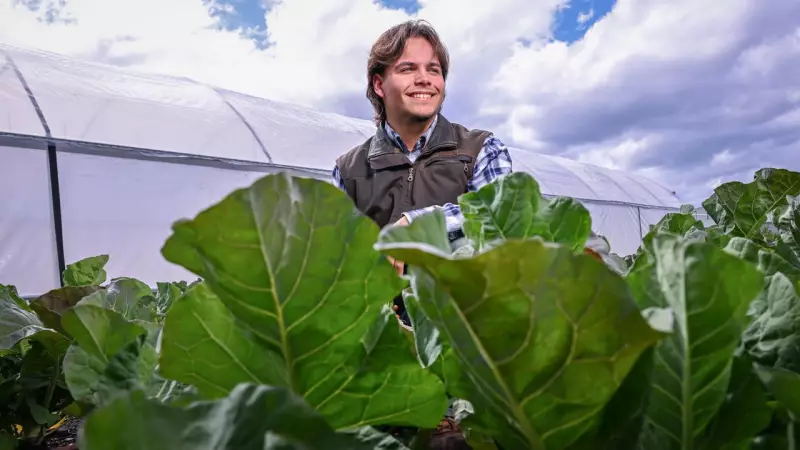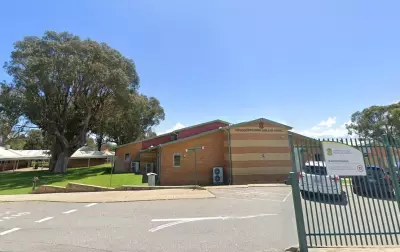
In the heart of Geelong, an innovative educational program is transforming into a vital frontline response to the region's growing food poverty crisis. Northern Bay College's student-run farm, initially designed as a hands-on learning environment, has evolved into a crucial source of fresh produce for struggling families across the community.
From Classroom to Community Kitchen
The college's comprehensive farm program spans multiple campuses and includes everything from vegetable gardens to animal husbandry. What began as an educational initiative has become a lifeline for many families feeling the pinch of rising living costs. The program now regularly supplies fresh eggs, vegetables, and other produce to the college's own food relief efforts, directly addressing food insecurity among students and their families.
Northern Bay College principal Natalie Chapman reports seeing approximately 80 families accessing the school's food relief services each week, with demand showing no signs of slowing. "We're seeing more working families needing support," Ms Chapman revealed, highlighting how the cost-of-living crisis is affecting households that traditionally wouldn't seek assistance.
Educational Benefits Meet Community Needs
The farm program delivers dual benefits: practical education for students and essential nutrition for the community. Students gain hands-on experience in sustainable agriculture while developing an understanding of food production systems. Meanwhile, the fresh produce supplements the non-perishable items typically available through food relief programs, providing much-needed nutritional diversity.
Foodbank Victoria's 2023 Foodbank Hunger Report confirms the severity of the situation, with one in three Australian households experiencing food insecurity at least once in the previous year. The report also found that 67% of food-insecure households live in rental accommodation, and 44% include someone with a disability.
A Growing Movement Against Food Poverty
Northern Bay College isn't alone in this fight. The Geelong Food Relief Centre has reported serving approximately 14,000 people monthly, with new client registrations increasing by about 30 people each week. Centre manager Campbell Shaw notes they're particularly struggling to keep up with demand for fresh fruits and vegetables.
The school's initiative represents a grassroots approach to tackling food poverty that complements larger relief efforts. By integrating food production directly into the educational environment, the program creates a sustainable model that benefits both students and the wider community.
As Ms Chapman observes, the visibility of need has become increasingly apparent. The program not only addresses immediate hunger but also builds community resilience through education and practical skills development. In doing so, it offers a blueprint for how educational institutions can play a more active role in supporting their communities during challenging economic times.





